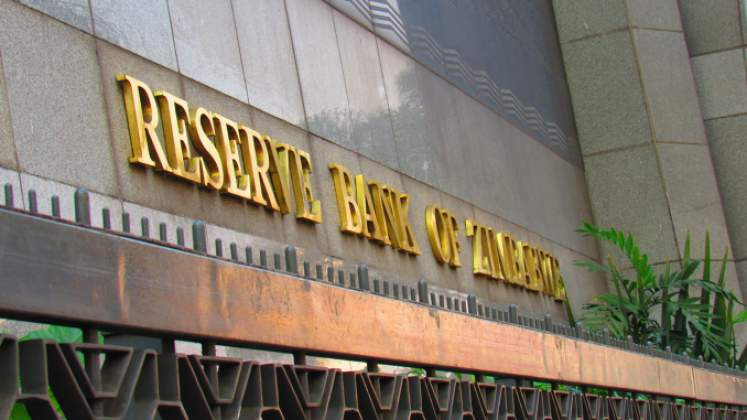
The local unit continued on a freefall into the new year, completing two straight weeks of sharp losses after easing by 3,63% this week to settle at ZW$732 per US dollar.
The losing trend is a carry over from 2022, over which it lost value against the US in all but one auction session out of 48 conducted during the year. So far in 2023, the Zimdollar has shed 8% under two sessions, its quickest and deepest loss since the reintroduction of the Zimdollar in 2019.
On a cumulative basis the Zimdollar lost 85% against the USD in 2022, again, its worst outturn since 2019. In 2021 the local unit recorded its most improved position against the greenback, easing by only 28% . In 2019 and 2020, the Zimdollar eased by 82% apiece triggering massive inflation which spiralled into hyperinflation before a reconfiguration of the auction market.
The RBZ has made efforts to continuously drive the currency market towards full liberalisation.
Auction market overview
A total of US$14,5 million was traded on the auction market this week, up from US$10,8 million in the prior week. The average weekly value traded has been trending down since 2022.
From an average of US$40 million a week in 2021, trades eased to an average of US$23 million a week in 2022, a 43% decline. In the final quarter of 2022, average weekly trades eased to US$12 million a week reflecting a sharp loss in trades on the respective market.
Key driver of low auction trades
- Zimbabwe needs to rethink economic policies
- Zimbabwe needs to rethink economic policies
- Forex demand continues to fall
- Digital platforms transfer ZW$8tn
Keep Reading
Data from 2022 foreign payments schedule shows a diminishing contribution from auction market trades against foreign currency accounts.
Out of a total US$8,6 billion traded in 2022, the auction market handled only 13% of the volumes.
The contribution is a decline from 18% in the prior year.
As auction flows fell in both contribution and absolute value terms, payments through FCAs went up, in respective terms.
In our analysis in the final quarter of the year, we deduced that the decline in auction flows represented a shift towards interbank, given the Reserve Bank’s adjustment in trading limits for the later.
We also assumed since the interbank will now be trading higher volumes, it will effectively drive the market to price discovery.
Assuming so would mean a shift in who gets to dictate the effective formal exchange rate and this would a shift from RBZ to the public (market).
We hailed the move as sincere and commitment towards the free market and envisaged that through this mechanism, the exchange rate could stabilise.
However, from the data made available by the RBZ, it shows that the interbank remains a dormant and therefore ineffective market for price discovery.
Data shows that in 2022, the interbank traded only US$200 million, which is less than a percent of the total foreign payments for the year.
The outturn was even lower than the US$300 million traded on the respective market in 2021.
This means its allure for price discovery is diminished and rendered ineffective.
The auction market thus remains the market maker and by virtue of its manipulation by authorities equally represents a variance to pure market position.
This defines why Zimbabwe is always battling a worse off premium between the parallel market and the auction, the later is not liberal.
The diminishing trades on the auction market is largely a demonstration of increased US dollar transacting in the economy.
This means most companies are equally able to earn forex even without having to export.
Our study shows that at least 70% of transactions by value in the economy are being settled directly in forex across parties.
Another factor why the auction market contribution has been diminishing is a fairly narrow variance between the auction and parallel market for the greater part of 2022, particularly in the second half following an introduction of a raft of both fiscal and monetary measures intended at stemming the currency spiral.
This would encourage ZWL transacting, reduce speculative demand of forex and utilisation of forex deposits by holders in settling local dues.
Gwenzi is a financial analyst and MD of Equity Axis, a financial media firm offering business intelligence, economic and equity research. — [email protected]







